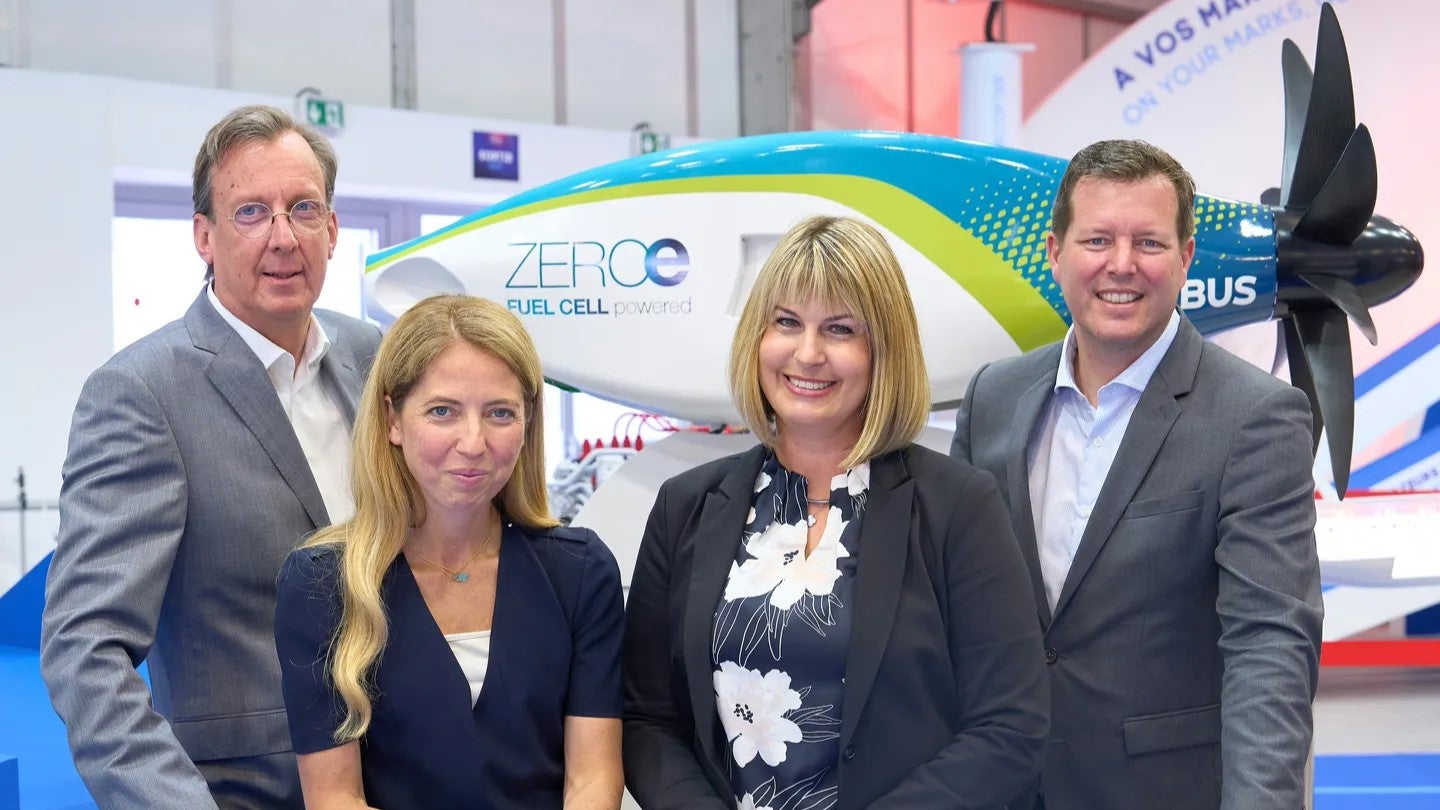Airbus and MTU Aero Engines Collaborate on Hydrogen Propulsion Technology for Aviation
Key Ideas
- Airbus and MTU Aero Engines signed a MoU at the Paris Air Show to enhance hydrogen fuel cell propulsion technology for aviation.
- The partnership aims to develop a complete fuel cell engine for hydrogen-powered commercial aircraft through a three-phase approach.
- The collaboration combines Airbus' expertise in hydrogen aviation with MTU's engine technology knowledge, focusing on near-carbon-neutral solutions.
Airbus and MTU Aero Engines have announced a memorandum of understanding (MoU) at the Paris Air Show to collaborate on advancing hydrogen fuel cell propulsion technology for aviation. The partnership brings together Airbus' experience in hydrogen-powered aviation from its ZEROe initiative with MTU's expertise in engine technology for both commercial and military aircraft.
The ZEROe aircraft, part of Airbus' initiative, is designed to use an electric propulsion system powered by hydrogen fuel cells, aiming for near carbon neutrality by sourcing hydrogen from renewable energy. The MoU outlines a three-phase plan, starting with enhancing key technological components through joint research, followed by aligning research strategies on hydrogen applications, and potentially leading to the development of a complete fuel cell engine.
By combining resources, both companies plan to accelerate technology maturation and deliver a revolutionary hydrogen-powered propulsion system for future commercial aircraft. Airbus reaffirmed its commitment to electric propulsion systems powered by fuel cells at the 2025 Airbus Summit, displaying progress in prototype testing and related technologies like cryogenics.
In parallel to this collaboration, Riyadh Air also placed an order for up to 50 Airbus A350-1000 widebody aircraft at the Paris Air Show. This partnership signifies a significant step towards sustainable aviation and the development of innovative solutions for reducing carbon emissions in the industry.
